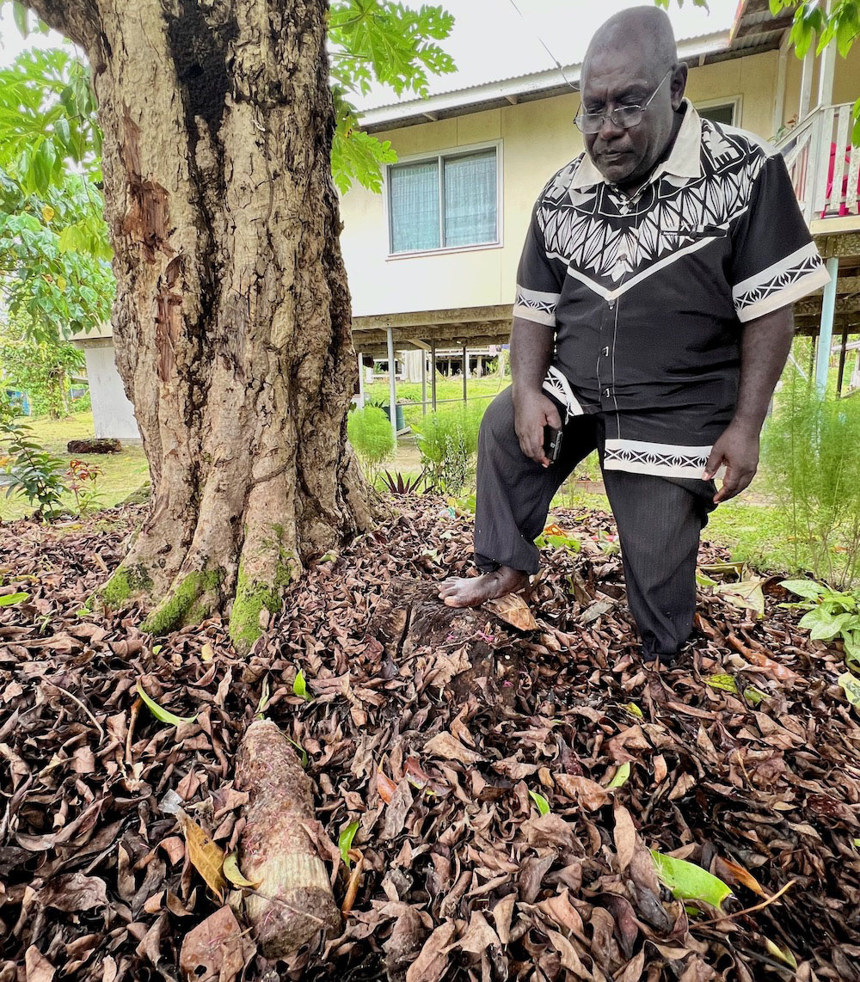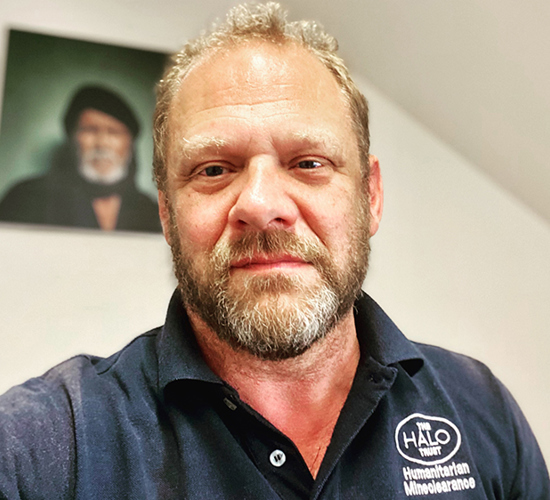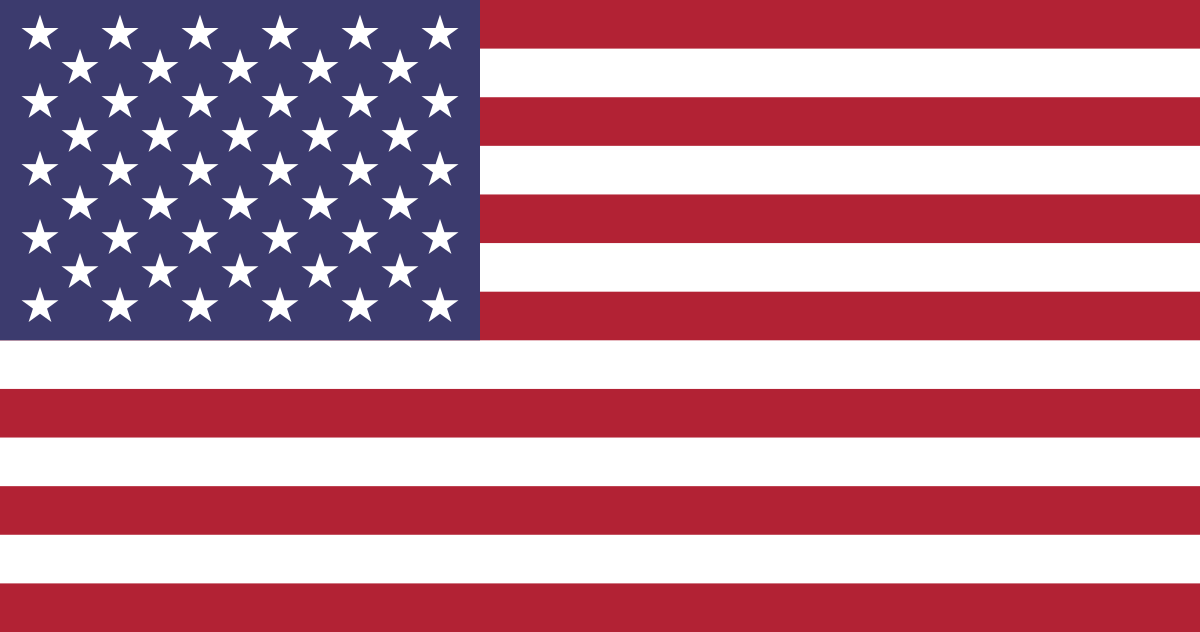The US Department of State has announced it will provided $1 million to The HALO Trust to launch a comprehensive unexploded ordnance project in Solomon Islands during 2023. The funding will allow HALO to locate and mark World War II legacy unexploded ordnance while providing essential training and capacity building to the explosive ordnance disposal unit of the Solomon Islands police.
Between 1942 and 1945, the United States and its allies fought Japanese forces for control of naval and air bases in Solomon Islands. The combination of fierce land battles, naval and artillery bombardment, aerial bombing, ammunition dumping, and munition store explosions have left Solomon Islands with a deadly and widespread, but largely uncharted legacy of contamination with unexploded and abandoned ordnance - widely known by the acronym 'UXO'.

For many years, the absence of a systematic survey of contamination or reliable casualty data hindered Solomon Islands from developing a national strategy for addressing the problem or making a strong evidence-based claim for international assistance. A previous period of survey was terminated early because of an explosive accident.
The areas of focus for HALO's survey will be the airfields, ammunition stores and former military encampments on Guadalcanal, New Georgia, Vella Lavella, Tulagi, Malaita, the Russell Islands, the Shortland Islands, and Choiseul. HALO will be able to use military maps that include the locations of battlefield sites and the disposition of troops.

US Marines rest during the 1942 Guadalcanal Campaign
Between 2011 and 2020 the Royal Solomon Island police's own disposal unit destroyed almost 42,000 items of ordnance. This saved many lives, but the unit is reactive and relies on the public to continue reporting discoveries of unexploded bombs. Reporting tends to peak in the immediate aftermath of a fatality on the island but drops again within months.
For some local people, unexploded devices are a resource to be sold to “fish-bombers” who use the explosives for fishing, rather than report them to the police. In remote areas the distance between communities and police stations means that there is a significant underreporting.
The call-out system will be supplemented by HALO with a proactive approach, in which trained surveyors engage with local communities, directly and through risk education, to encourage them to share information about the location of unexploded bombs and shells.

Left: Reverend David Herokana of the United Church in Munda on the Island of New Georgia.
The device by the tree is a "blind" US five-inch naval shell, in other words a shell that has been fuzed and primed and is dangerous.
It was presumably fired at the Japanese-held airfield during the Drive on Munda Point in August 1943. It is not safe to move. It has a mechanical time fuse and handling it may re-start the clockwork.
By the time a HALO recce team got there the Reverend's children had moved it from beneath his house to a nearby tree. Opposite the house is a school, a youth centre, and the newly built headquarters of the United Church of the Solomon Islands.
Key components of the project include re-starting and expanding the non-technical survey of Solomon Islands with trained local specialists.
HALO will also undertake construction of safe and secure storage for ammunition and detonators for the police who will continue to have responsibility for destroying items. HALO will also support the Solomon Islands Government in drafting a regulatory framework—the National UXO Standards—and with the development of a casualty reduction strategy.

HALO will use existing data and historical records as well as conducting search activities to update the national UXO database, which will inform future explosive ordnance risk education and explosive hazard responses to UXO contamination by the Royal Solomon Islands Police Force EOD unit. U.S. funding will also provide technical advice while assisting the Ministry of National Police to establish a UXO coordination office.
The project was part of President Biden’s announcement at the United States-Pacific Island Country Summit, where a pledge toward clearing the legacies of war was one of nine U.S. commitments to implement the Declaration on U.S.-Pacific Partnership.
Our work in Solomon Islands is supported by the US Department of State's Office of Weapons Removal and Abatement








